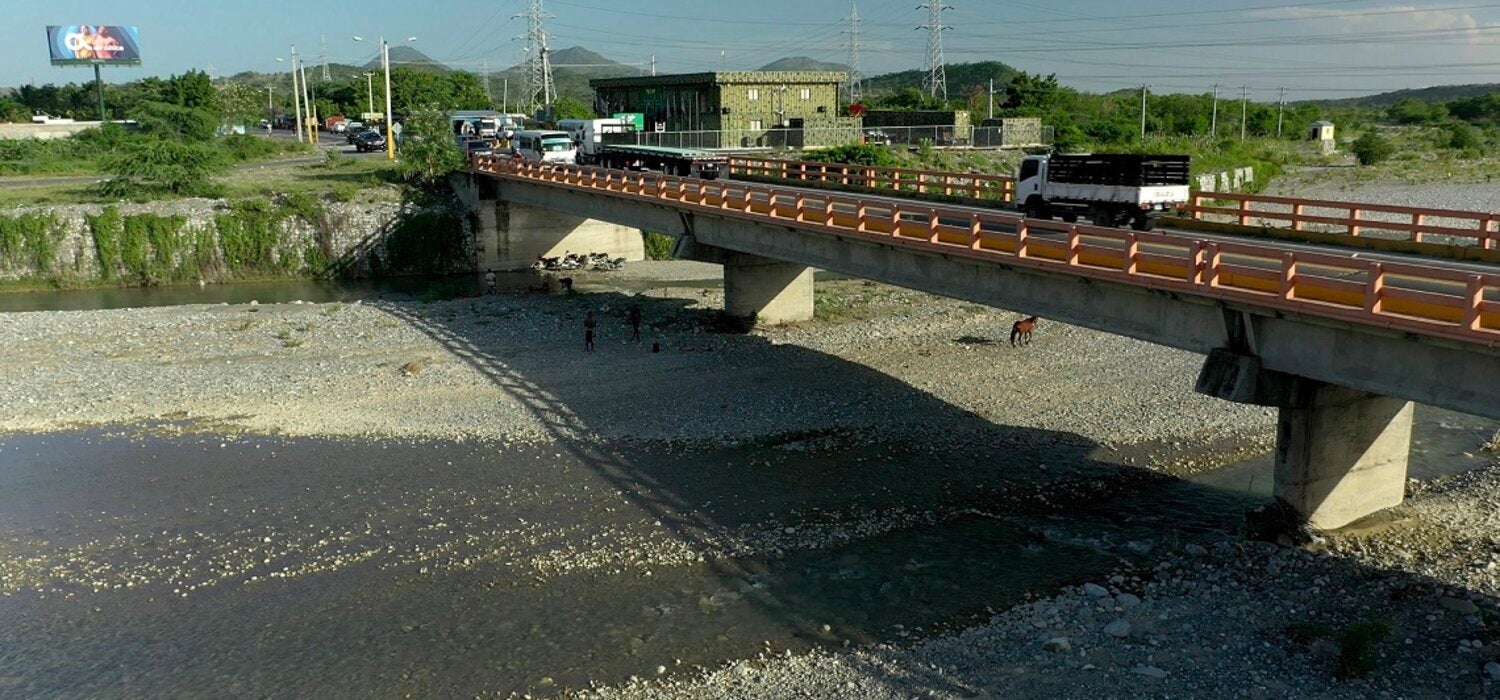By: Chalsey Gill Anthony, Communications Assistant, Caribbean Community Climate Change Centre (CCCCC)
“At the time I was living in Jamaica, there was no rain for quite a few months. There were very severe water restrictions where we would only receive water once a week” says Dr. Ayanna Alexander, a medical doctor and public health professional from Trinidad and Tobago.
Dr. Alexander has seen firsthand the devastating effects of water scarcity on the health of her patients. Working in the pediatric emergency department, she observed that children, in particular, were vulnerable to dehydration and gastrointestinal illnesses. “It was very difficult, especially for those younger children who cannot adapt and recover fast from the illnesses.” But she admits that at that time, she did not make the link to climate change.
Dr. Alexander completed an internship with the Caribbean Community Climate Change Centre (CCCCC) in Belize earlier this year in March, a requirement of the University of the West Indies Climate Change and Health Leaders Fellowship program, under the EU/CARIFORUM Strengthening Climate Resilient Health Systems in the Caribbean Project.
During her time in Belize, Dr. Alexander shared her perspective as a proponent of CARICOM. "It's frustrating to see bigger countries with more resources not meeting their reduction goals, but as Small Island Developing States (SIDS), we can use our block to make positive changes.” Dr. Alexander continues, “We can't just sit back and wait for change to happen, we need to be an example for the world. Moving away from a reactive standpoint on health and focusing on social and environmental determinants can make us a healthier and more resilient population.”
The Caribbean is no stranger to the devastating effects of climate change, and the impact on the region's water resources has been severe, posing a significant threat to public health. Increasingly, frequent and intense storms and hurricanes, rising sea levels, and droughts all contribute to water pollution, contamination, dehydration, and the spread of waterborne diseases.
Hurricane Maria's impact on Puerto Rico in 2017 is a prime example of how damaging water supply systems can leave hospitals and clinics without safe drinking water, resulting in a surge of waterborne illnesses that place vulnerable populations at risk of serious health issues.
In addition to hurricanes, coastal flooding and rising sea levels can cause salt water to contaminate freshwater sources, making it difficult for people to access potable water sources. Water scarcity caused by climate-induced dry periods also leads to decreased hygiene and sanitation practices that exacerbate the spread of waterborne and foodborne illnesses. “When water is scarce, farmers have difficulty providing food,” says Dr. Alexander, adding, “We have had instances where farmers have been watering plants with unclean water which increases those potential risks for illnesses.”




